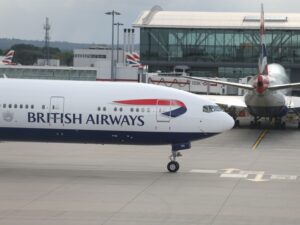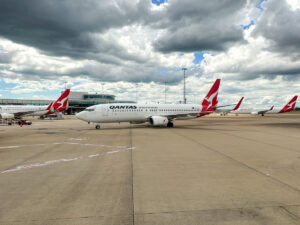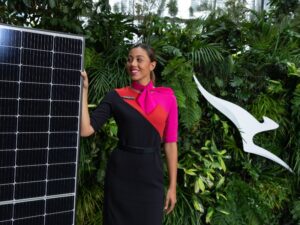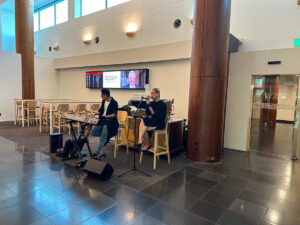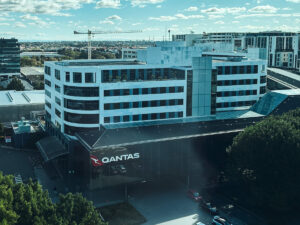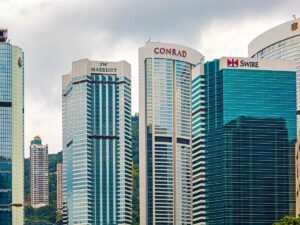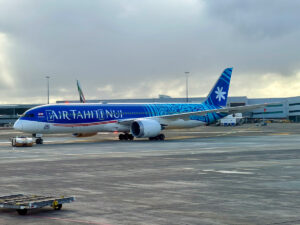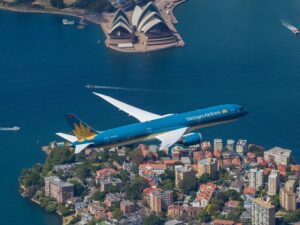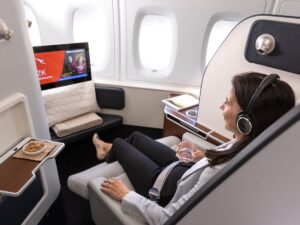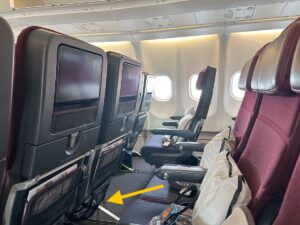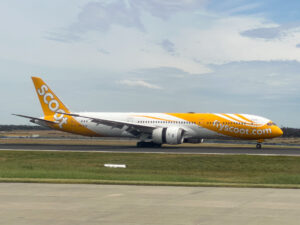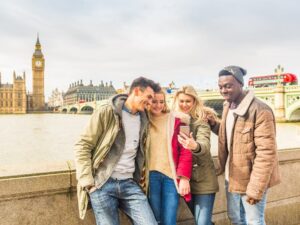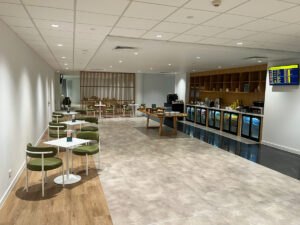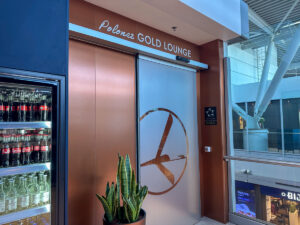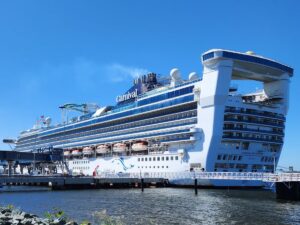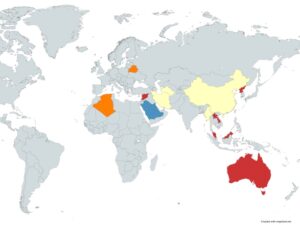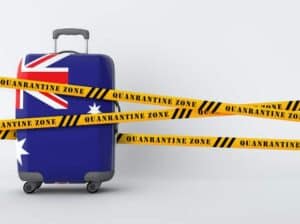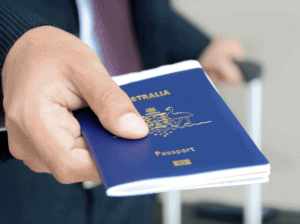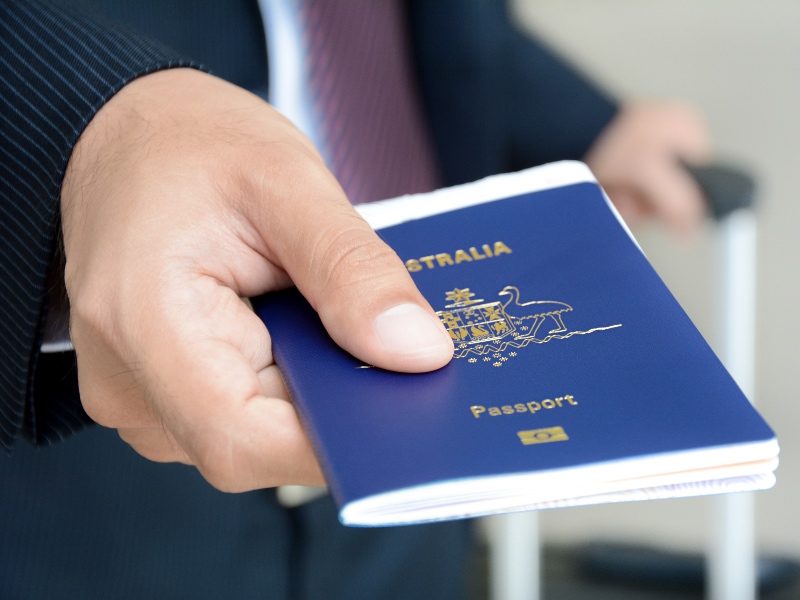
The federal government announced today that it will remove parts of the international travel ban from next month.
Vaccinated Australians will finally be allowed to leave the country and arrival caps will be removed for vaccinated Australians and permanent residents, who will be able to quarantine at home for 7 days after returning to Australia. But some travel restrictions still remain and there are a lot of unanswered questions.
What’s changing from November?
Announcing that “it’s time to give Australians their lives back”, Prime Minister Scott Morrison said that changes to international border arrangements would take effect from an unspecified date in November. This will align with each state and territory passing the 80% vaccination rate, triggering “Phase C” of the National Cabinet’s reopening plan.
Once this happens, Australian citizens and permanent residents would be allowed to leave the country and then return, if they are vaccinated, with uncapped restrictions on their arrival into states that have entered “Phase C”.
States and territories will begin allowing home quarantine for international arrivals at different times. Based on vaccination rates and recent comments from state premiers, it is likely that NSW, Victoria and the ACT will enter this phase before other states.
Asked about this at today’s press conference, Scott Morrison said that if a WA resident returned from overseas via Sydney, they would then still need to wait in NSW until WA began allowing arrivals from NSW. This may not happen until well into next year.
Once the home quarantine trials in SA and NSW have concluded successfully, this model will be rolled out on a mass scale for vaccinated Australians returning home under the new arrangements. They will be required to quarantine at home for 7 days, presumably undergoing multiple COVID-19 tests during this period.
State-based inbound arrival caps will remain for unvaccinated travellers, including people who have only received a vaccine not approved or recognised by the Therapeutic Goods Administration (TGA). Unvaccinated travellers will also still be required to undergo 14 days of hotel quarantine after arriving in Australia.
Vaccines currently approved by the TGA are the Pfizer/BioNTech, AstraZeneca, Janssen and Moderna vaccines. The TGA today announced that it will also recognise the Sinovac and Covishield (AstraZeneca/Serum Institute of India) vaccines for the purpose of overseas travel. But the TGA recommends that the Sinopharm vaccine “not be a recognised vaccine at this stage” due to an absence of data and it has not yet reached a conclusion on other COVID-19 vaccines in use around the world.
Australian citizens and permanent residents who can’t be vaccinated, such as children or people with a medical condition, will be treated as vaccinated for the purpose of international travel. This means children won’t be banned from travelling overseas due to being ineligible for COVID-19 vaccination.
The government has not yet finalised COVID-19 testing requirements for international travel. It says it expects testing will continue to be a requirement, but may allow Rapid Antigen Tests to be used instead of PCR tests which are more expensive and take longer to process.
The Prime Minister said that Australians will be able to access internationally recognised proof of vaccination documents shortly. These will meet International Civil Aviation Organisation (ICAO) standards and contain a QR code that is readable globally.
There will be no “traffic light system”, the Prime Minister confirmed. Arrivals from all countries will be treated equally.
Qantas plans to restart international flights from 14 November
Following the federal government’s announcement, Qantas announced that it would bring forward its planned relaunch of international flights to 14 November. The airline is now selling 3x weekly flights from Sydney to London and Los Angeles from this date.
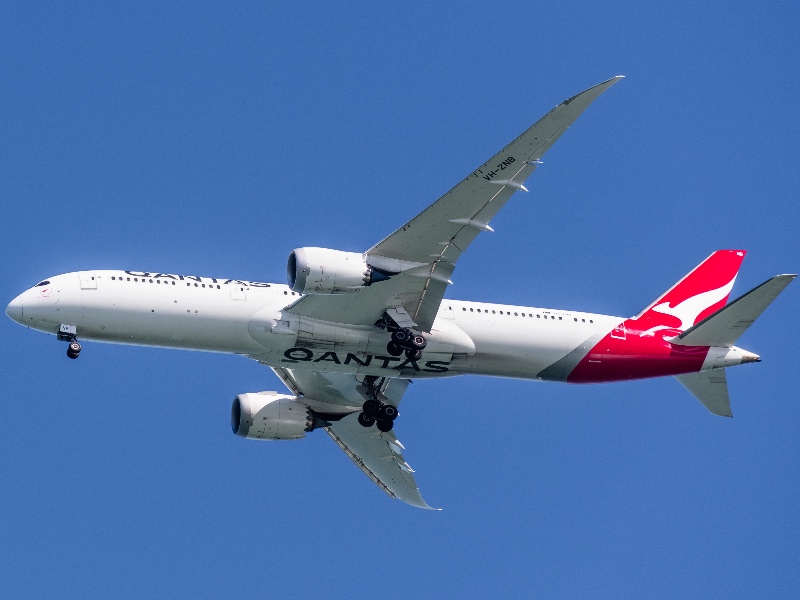
Every seat on all Sydney-London and Sydney-Los Angeles flights will be available to book as Classic Flight Reward seats during the first week of operations.
But as NSW has not yet announced the exact date it will allow international travel, the airline says it may need to push its planned launch date forward or back again.
Qantas says that all passengers on its international flights will need to be vaccinated, except children and those with medical exemptions, and will require a negative PCR COVID-19 test taken within 72 hours of departure.
What’s not changing in November?
While this is certainly welcome news for Australians who have been banned from leaving their own country since March 2020 – or stuck overseas for a very long time – it’s not a full reopening of Australia’s international border.
Obviously, vaccinated Australians will still have to quarantine when they return home (albeit for less time and at home, instead of a hotel). But this will only be an option for Australian citizens, permanent residents, their immediate family members and a small number of other people with approved exemptions to enter Australia. Nobody else will be allowed into Australia, so inbound tourism remains banned indefinitely.
At some stage next year, some states such as NSW will begin to allow the return of international students and skilled migrants.
Scott Morrison also said that the government would consider reinstating quarantine-free travel bubbles with countries like New Zealand “when it is safe to do so”. But there is no indication of when this will happen.
Unanswered questions
Unfortunately, today’s announcement is light on details. Even some Australian overseas embassies have just told Australian citizens stuck overseas that they do not have any details about today’s announcement that the Australian border may reopen in November.
Some questions that remain unanswered include:
- What date, exactly, will the international border reopen for each state & territory?
- When will non-Australian citizens and permanent residents be allowed back into the country?
- Will DFAT remove its “Level 4 – Do Not Travel” warning for most other countries, providing more travel insurance options?
- What kind of housing and living arrangements will be acceptable for home quarantine? Will you need to have a whole house to yourself?
- If you don’t live in a major city with an international airport, will you be allowed to take an onward domestic flight back to your home in order to isolate there for 7 days?
- What happens if you don’t have a suitable home to isolate in – can you pay for your own hotel room or book an Airbnb?
- Will unvaccinated passengers be allowed on the same international flights into Australia as vaccinated passengers?
Today’s announcement is absolutely a step in the right direction and welcome news for so many Australians! But like everything, the devil will be in the detail. It will be great to see more of that detail.
Join the lively discussion on the Australian Frequent Flyer forum: Predictions of when international flights may resume/bans lifted
